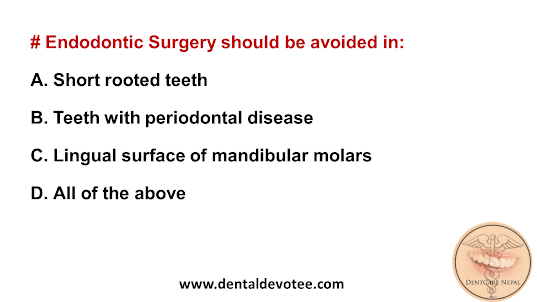# One of the principal capsid shapes is a 20-sided figure with 12 evenly spaced corners referred to as a(n) _____ capsid.
A. Spiked
B. Complex
C. Icosahedral
D. Helical
E. Buckeyball
In geometry, an icosahedron (/ˌaɪkɒsəˈhiːdrən, -kə-, -koʊ-/ or /aɪˌkɒsəˈhiːdrən/) is a polyhedron with 20 faces. The name comes from Ancient Greek εἴκοσι (eíkosi) meaning "twenty" and from Ancient Greek ἕδρα (hédra) meaning "seat". The plural can be either "icosahedra" (/-drə/) or "icosahedrons".








